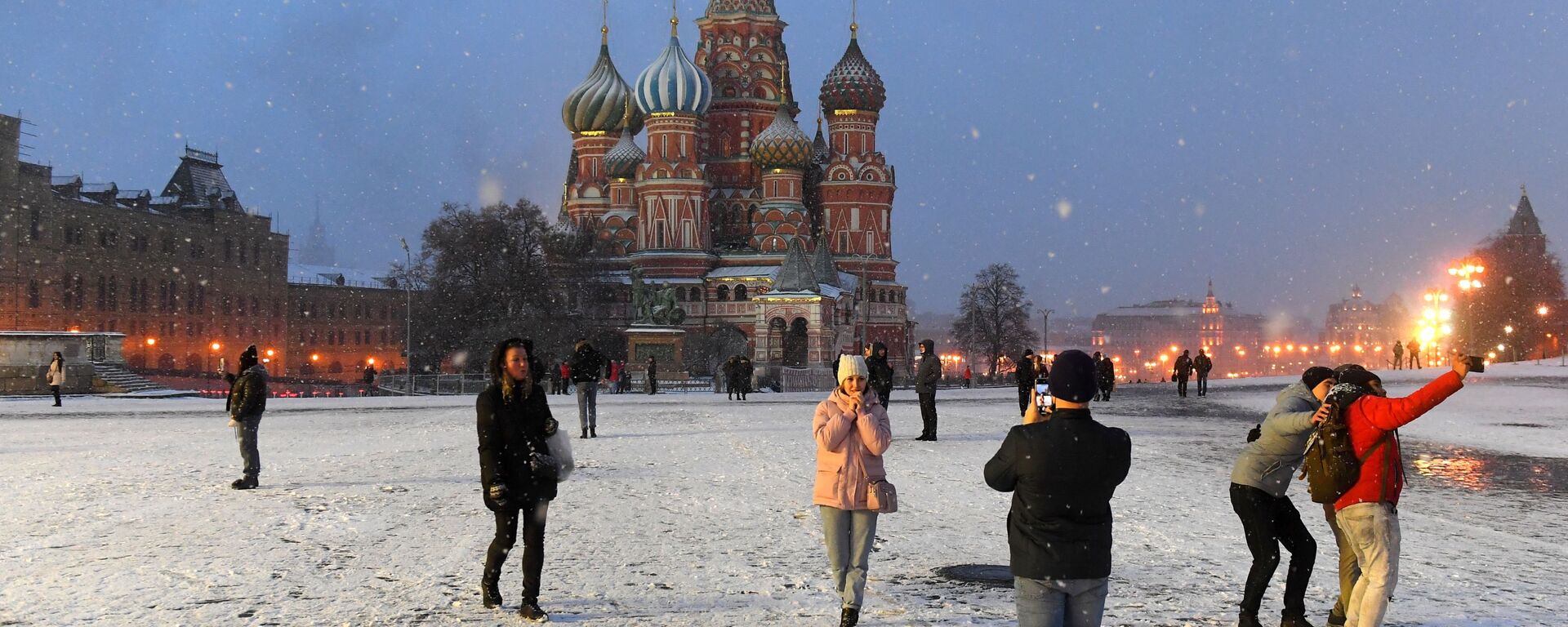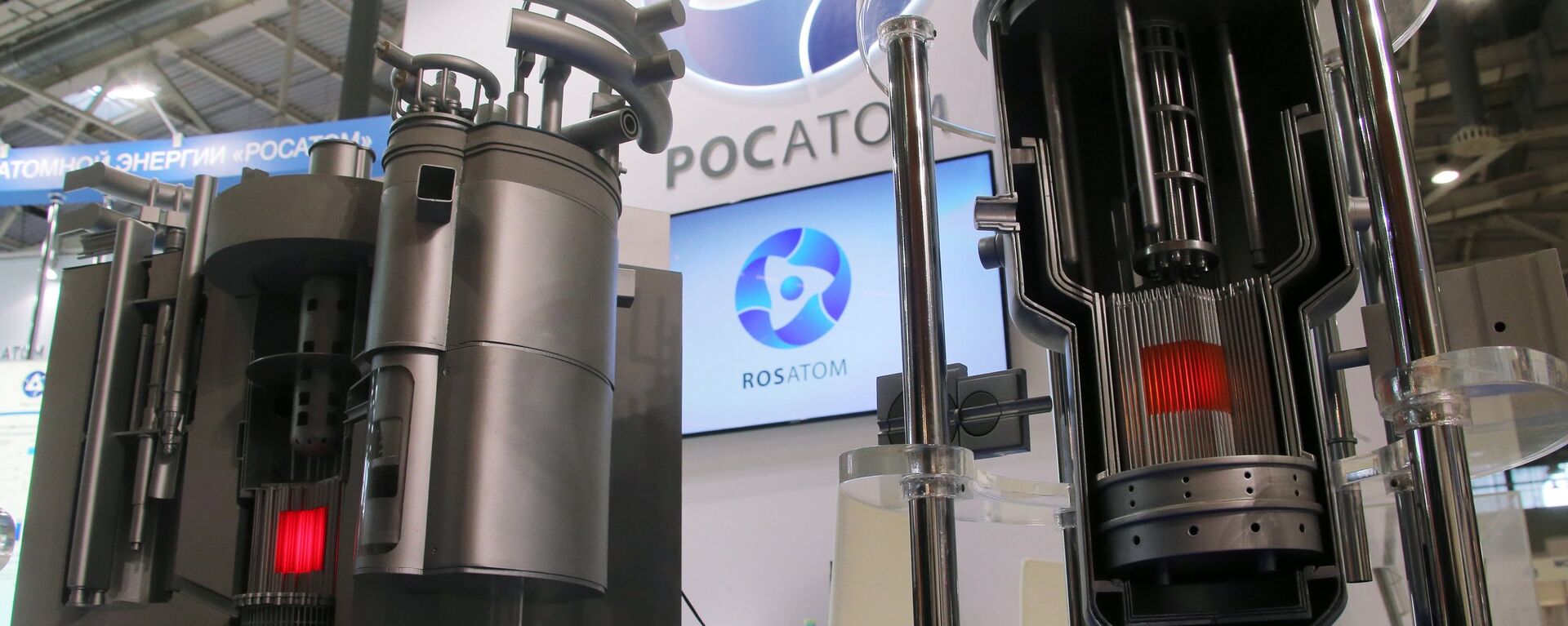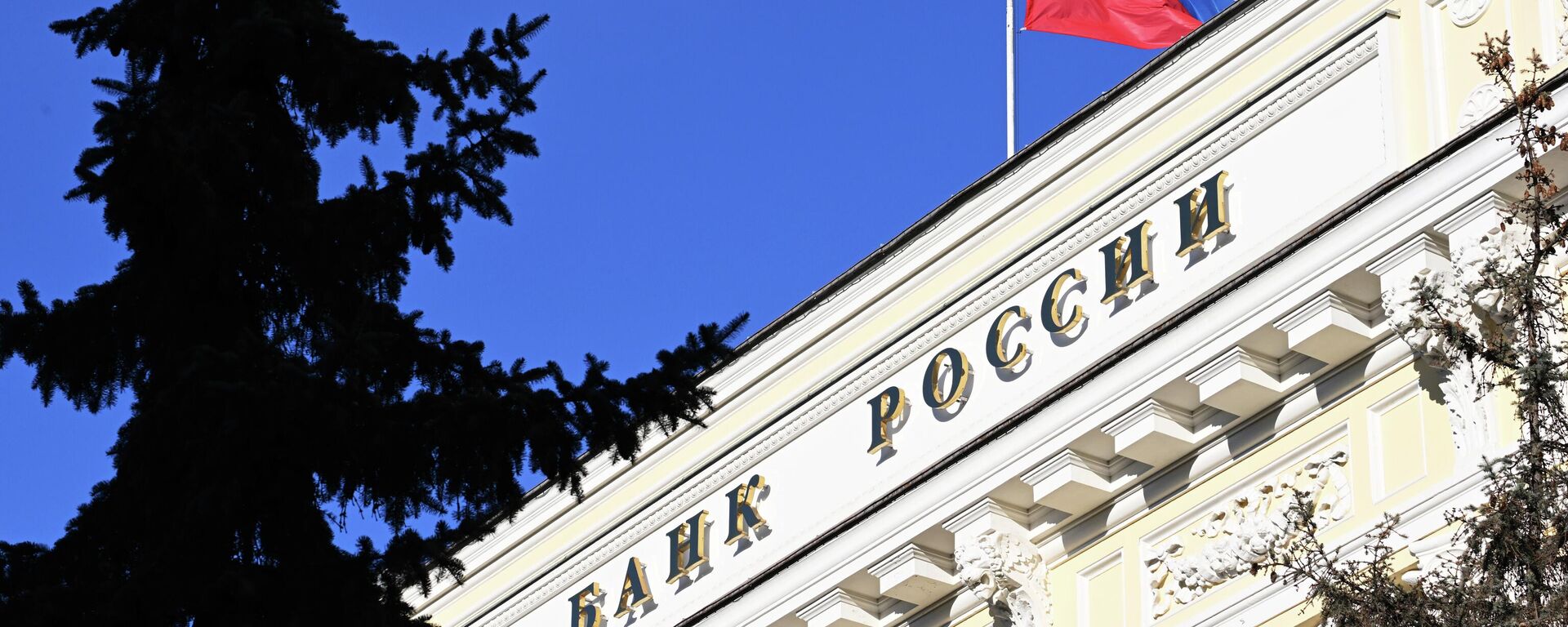https://sputnikglobe.com/20230420/g7-mulls-outright-ban-on-most-exports-to-russia-as-sanctions-fall-flat-1109705615.html
G7 Mulls ‘Outright Ban’ on Most Exports to Russia as Sanctions Fall Flat
G7 Mulls ‘Outright Ban’ on Most Exports to Russia as Sanctions Fall Flat
Sputnik International
Earlier, EU officials told UK media that the bloc has no plans to ramp up sanctions pressure against Russia any further, expressing concerns that doing so might affect sectors which European countries “can’t live without,” such as imports of fuel for nuclear power plants, and precious metals.
2023-04-20T16:44+0000
2023-04-20T16:44+0000
2023-04-20T16:44+0000
economy
sanctions
exports
restrictions
russia
g7
g7 summit
russian economy under sanctions
https://cdn1.img.sputnikglobe.com/img/07e7/04/14/1109704869_0:160:3072:1888_1920x0_80_0_0_ceaa4f1c839a86d5580ac18c5a259b02.jpg
The United States and its G7 allies are discussing a total ban on “most” exports from Russia, anonymous officials said to be familiar with the discussions have told US business media.The proposal, said to be in the stage of discussion, would target all exports to Russia unless they are specifically exempted, and comes ahead of the upcoming Group of Seven summit in Japan next month.Sources also expressed concerns that the proposal could face difficulty passing muster in Brussels due to the EU rules requiring unanimous consent. In the past, some EU members, particularly Hungary, have resisted the expansion of restrictions against Russia without special carve outs for themselves, citing risks to economic security and well-being.Western countries’ efforts to curb imports from and exports to Russia have met with varying degrees of success, with Russia-US trade in 2022 dropping to lows unseen since the mid-2000s, but European Union nations actually reporting more imports from Russia in 2022 than they did in 2021.Russia has successfully diverted part of its natural resource exports to other markets, including India and China, with trade with the PRC surging by nearly 39 percent in the first three months of 2023, and Delhi re-exporting part of its Russia-bought oil to Europe after refining them.European companies have expressed reluctance to leave the Russian market, and voiced fears that a further tightening of restrictions would result in losses on top of those they already face as they battle rising energy costs. A January 2023 report found that only about 8 percent of the EU companies operating in Russia halted their activity and divested from the country. The rest continue to operate, some of them under new brands. Local agents and merchants have also made up for some missing goods by ramping up imports through third countries such as Kazakhstan.Trade Data Monitor, a Switzerland-based trade data statistics supplier, has calculated that the US and its European, Canadian and Japanese allies exported some $66 billion in goods to Russia in 2022, with Germany, Italy and Poland topping the list of European exporters.British business media reported Thursday that the EU is unlikely to introduce any more significant restrictions on Russia, and that any new proposed sanctions targeting critical sectors of European countries’ economies will be vetoed. “We are done,” an EU official was quoted as saying ahead of fresh talks on additional restrictions.Economists have provided a variety of explanations for why Western restrictions on Russia have failed, among them the fact that Russia’s economy and significance in the world economy are too important to bully into submission. Also on the list is Russia’s self-sufficiency in major critical resources like food, energy and fresh water.
https://sputnikglobe.com/20230418/europe-ditching-russias-nuclear-fuel-will-come-at-high-price-1109631547.html
https://sputnikglobe.com/20230420/russian-central-bank-ready-to-discuss-settling-in-special-bonds-with-firms-leaving-russia-1109700640.html
https://sputnikglobe.com/20230224/why-western-sanctions-against-russia-failed-1107713475.html
russia
Sputnik International
feedback@sputniknews.com
+74956456601
MIA „Rossiya Segodnya“
2023
News
en_EN
Sputnik International
feedback@sputniknews.com
+74956456601
MIA „Rossiya Segodnya“
Sputnik International
feedback@sputniknews.com
+74956456601
MIA „Rossiya Segodnya“
sanctions, restrictions, exports, imports, ban, russia, european union, united states, group of seven, g7
sanctions, restrictions, exports, imports, ban, russia, european union, united states, group of seven, g7
G7 Mulls ‘Outright Ban’ on Most Exports to Russia as Sanctions Fall Flat
Earlier, EU officials told UK media that the bloc has no plans to ramp up sanctions pressure against Russia any further, expressing concerns that doing so might affect sectors which European countries “can’t live without,” such as imports of fuel for nuclear power plants, and precious metals.
The United States and its G7 allies are discussing a total ban on “most” exports from Russia, anonymous officials said to be familiar with the discussions have
told US business media.
The proposal, said to be in the stage of discussion, would target all exports to Russia unless they are specifically exempted, and comes ahead of the upcoming Group of Seven summit in Japan next month.
One source indicated that most food items and medicine would “very likely” be exempted, but that products like cars, as well as luxuries like makeup, chocolate, beer, flowers, and shoes would end up on the chopping block.
Sources also expressed concerns that the proposal could face difficulty passing muster in Brussels due to the EU rules requiring unanimous consent. In the past, some EU members, particularly Hungary, have resisted the expansion of restrictions against Russia without special carve outs for themselves, citing risks to economic security and well-being.
Western countries’ efforts to curb imports from and exports to Russia have met with varying degrees of success, with Russia-US trade in 2022 dropping to
lows unseen since the mid-2000s, but European Union nations actually
reporting more imports from Russia in 2022 than they did in 2021.
Russia has successfully diverted part of its natural resource exports to other markets, including India and China, with trade with the PRC surging
by nearly 39 percent in the first three months of 2023, and Delhi
re-exporting part of its Russia-bought oil to Europe after refining them.
European companies have expressed reluctance to leave the Russian market, and voiced fears that a further tightening of restrictions would result in losses on top of those they already face as they battle rising energy costs. A January 2023 report
found that only about 8 percent of the EU companies operating in Russia halted their activity and divested from the country. The rest continue to operate, some of them under new brands. Local agents and merchants have also made up for some missing goods by ramping up imports through third countries such as Kazakhstan.
Trade Data Monitor, a Switzerland-based trade data statistics supplier, has
calculated that the US and its European, Canadian and Japanese allies exported some $66 billion in goods to Russia in 2022, with Germany, Italy and Poland topping the list of European exporters.
British business media
reported Thursday that the EU is unlikely to introduce any more significant restrictions on Russia, and that any new proposed sanctions targeting critical sectors of European countries’ economies will be vetoed. “We are done,” an EU official was quoted as saying ahead of fresh talks on additional restrictions.
Economists have provided a variety of explanations for why Western restrictions on Russia have failed, among them the fact that Russia’s economy and significance in the world economy are too important to bully into submission. Also on the list is Russia’s self-sufficiency in major critical resources like food, energy and fresh water.

24 February 2023, 10:00 GMT





